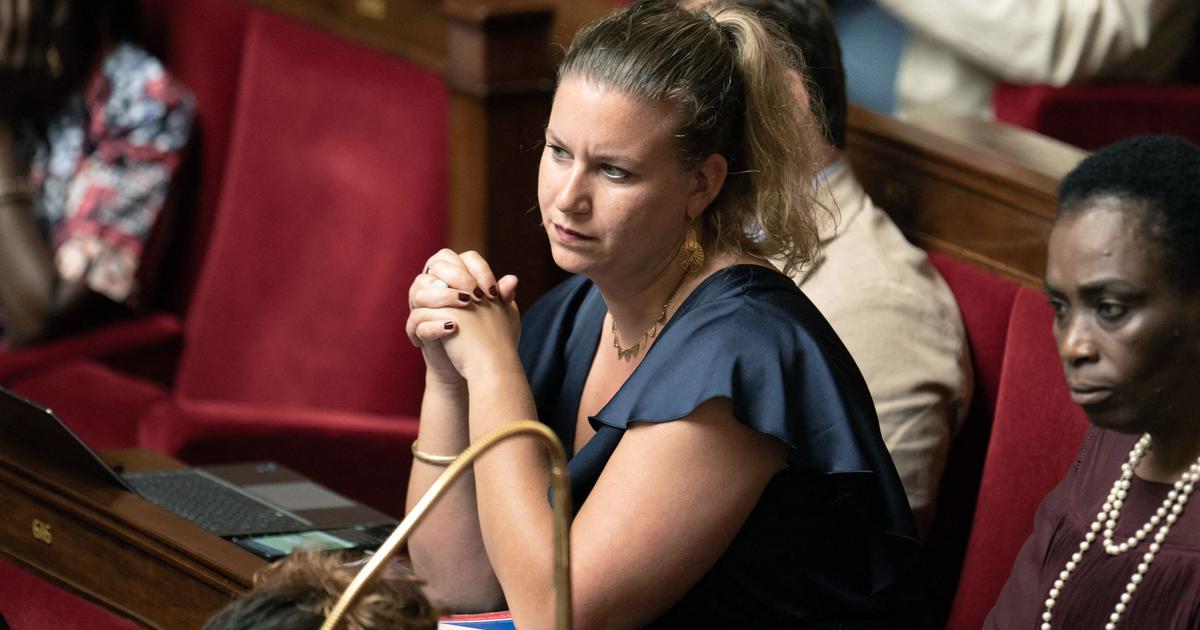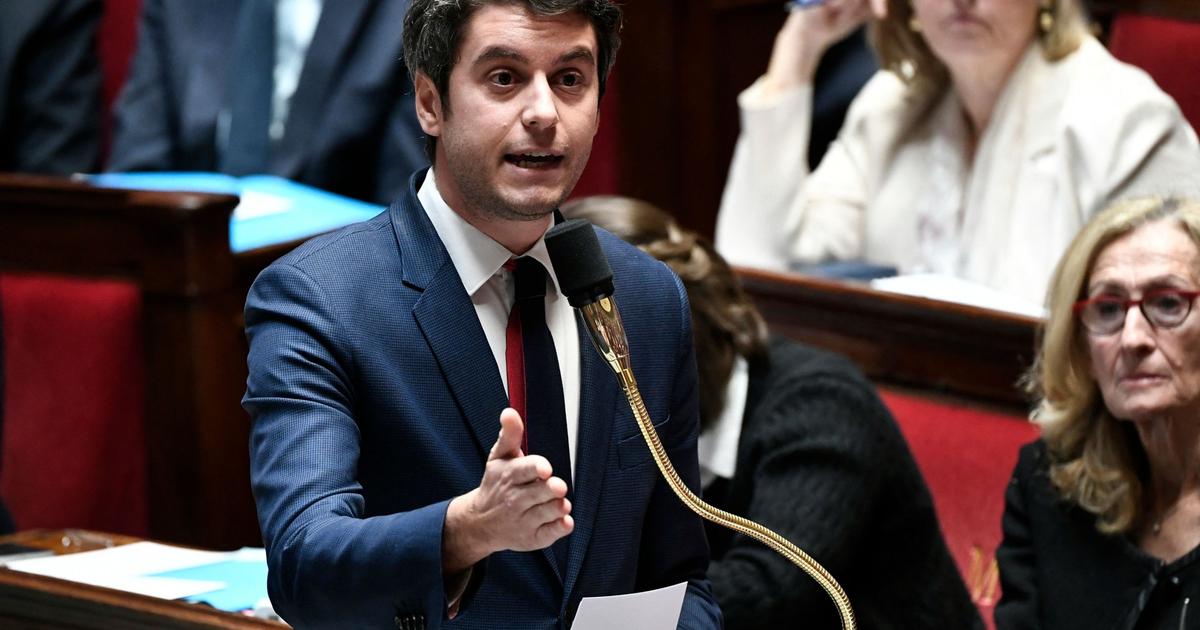Benjamin Morel is a lecturer in public law at the University of Paris II Panthéon-Assas.
FIGAROVOX. - Contrary to her initial position, Marine Le Pen proposed to constitutionalize the Veil law. Will this contribute to further demonizing the National Rally?
Benjamin Morel. -
That is indeed the goal and it is rather clever.
The RN has adopted an interesting tactic since the start of the school year.
It is for him to be unpredictable on highly publicized subjects with the intention of surprising.
This allows him to transform the essay into political moments where,
a priori
, he is not really the center of attention.
It also allows him to build alliances of circumstances by disturbing the game and creating an unpredictability of the votes which forces the other parliamentary actors not to put him aside.
It is easy to know what your chances are on a text or an amendment if you know a priori the positions of each other.
If one of the major players refuses to reveal his game, you are forced to speak with him at the risk of not knowing where you are stepping.
Beyond the extremely skilful parliamentary strategy, there is also an electoral game.
The RN has made up its electoral deficit among women, especially in the first round, the RN vote is not really seen as a feminist vote.
However, the question of the defense of women is experiencing a form of porosity with the fight that the RN says it is waging against radical Islam, but also for the defense of the most precarious, while women still suffer from wage inequalities, not to mention the safety issues they face in transport or on public roads.
By mobilizing highly visible symbols, the RN synthesizes a message that could well be received.
Read alsoIVG in the Constitution: Renaissance deputies will vote for the Insoumis text
Is this a good political calculation?
The RN electorate is not primarily a conservative electorate.
It is a fairly popular electorate that focuses on two issues: the economy and purchasing power;
identity and immigration.
These two elements leave little room for so-called societal subjects.
That does not mean that this electorate is completely uninterested in it, but it is not a determining factor in the vote and as a general rule it has reflexes on these themes that are closer to the left than to the conservative right.
Of course, the conservative electorate can turn away from the RN, but today it is an electorate that more willingly votes LR or Zemmour.
The RN's bet is fairly well weighed.
If this electorate judges that the RN is not a strong enough party to come to power, they will always find it happier to vote elsewhere.
The only way these voters will vote RN is to trigger a helpful vote effect that will cause them to rally against bad luck with a good heart.
To do this, the main resource of the RN is the mobilization of the popular electorate.
The main risk of the operation is not so much to frighten the conservative electorate as to make the party's position illegible by making it appear either too maneuverable or too included in the system.
If that were to be the case, what happened to the regional and departmental could be repeated.
Considering the party as not anti-system enough, part of the
Including vague provisions in the Prévert-style list of fundamental rights that our Constitution has become does not really ensure a better guarantee of these rights and subjects the evolution of the legal framework to the unpredictable arbitrariness of a judge who must reconcile imprecise provisions with unclear content.
Benjamin Morel
Will this consensual proposal force Les Républicains to align with the RN amendment?
We saw during yesterday's debate that there were two positions at LR.
There is already an opposition between the group in the Senate and in the Assembly.
The opposition concerns both substance and strategy.
In the Senate, there is a broad agreement which even exceeds LR on the caution which is essential in terms of Constitutional revision.
The argument had been similar when it came a little over a year ago to include the environment in Article 1 of the Constitution.
Including vague provisions in the Prévert-style list of fundamental rights that our Constitution has become does not really ensure a better guarantee of these rights and subjects the evolution of the legal framework to the unpredictable arbitrariness of a judge who must reconcile imprecise provisions with unclear content.
In the National Assembly, the game is different.
This type of argument is inaudible in the face of hot news.
For LR, finding yourself alone with everyone on a subject like this means taking the risk of isolation that is misunderstood by public opinion.
For an Eric Ciotti for example, who does not see this fight as a priority, it is better not to fight it.
Read alsoThe Senate launches the debates on abortion in the Constitution
What would change the entry into the Constitution of the Veil law?
In itself, as I have just mentioned, it is difficult to answer this question.
Legally
nothing at all.
On the other hand, this would imply that the right to abortion could not be reversed without constitutional revision.
Then it all depends on the case law.
If the judge wants to be a careless guardian, he will be able to admit more important restrictions to the law than at present.
If, on the contrary, he wants to be very proactive, he could force the legislator to move towards enlargement.
It could also specify the terms.
In Germany, the deadlines have thus been set by case law.
When we see how the Court of Karlsruhe has become quasi co-legislator in matters of the right to abortion by relying on the intangible principle of dignity present in the Fundamental Law, we can judge that it is Parliament still has to decide on the modalities of this right.
We must therefore be careful when we give power to the judge, because we are hard pressed to know what he will do with the principle of which we make him the guardian.
This matter of constitutionalization is in this respect all the more paradoxical in that it originates not from the choice of the legislator, free to act without a constitutional basis, but from the arbitrary decision… of a judge.









